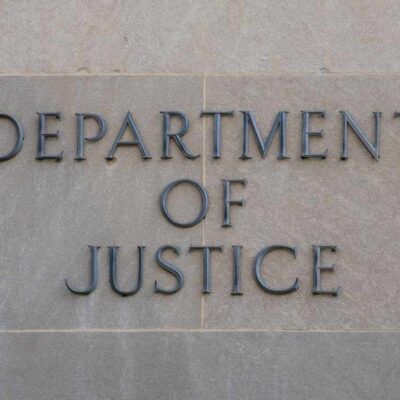
Gemini is entering the European fray with a compliance-first advantage. Its newly granted MiCA license, coupled with an existing MiFID II approval, outfits the exchange as a fully-regulated contender against established incumbents in the bloc.
Summary
- Gemini secures a MiCA license from Malta, granting EU-wide market access across 27 member states and EEA countries.
- The approval, alongside Gemini’s MiFID II license, positions the exchange as a fully regulated competitor in Europe.
According to an official announcement on August 21, the crypto exchange Gemini has secured a MiCA license from the Malta Financial Services Authority. The regulatory green light grants the Winklevoss twins-founded company a passport to offer its suite of services, including custody and trading, across all 27 European Union member states, plus several additional jurisdictions in the European Economic Area.
The approval, confirmed in the MFSA’s official registry, streamlines Gemini’s expansion from a nation-by-nation grind to a single, bloc-wide deployment. For the EU, it is a sign that heavyweight exchanges are willing to play by its rulebook, presenting a test case for whether clear regulation can deliver both growth and guardrails in an industry that has often thrived in legal gray zones.
A license that completes Gemini’s regulatory arsenal
This MiCA authorization arrives just months after Gemini secured a critical Markets in Financial Instruments Directive (MiFID II) license in May. That earlier approval authorized the exchange to offer derivative products to European clients.
The combination of the MiFID II and MiCA licenses can be seen as the “gold standard” for EU operation, transforming Gemini from a basic crypto service provider into a fully-compliant, multifaceted trading venue capable of handling a complex array of digital asset products.
Capitalizing on its MiFID II status, Gemini rolled out tokenized stocks for European users in late June. These blockchain-based tokens, which represent shares of traditional equities and trade nearly around-the-clock, represent the exact type of innovative financial product the EU hopes to cultivate under its new regulatory regime.
Additionally, this expansive European push coincides with the Gemini’s broader ambitions; the exchange recently took concrete steps toward an initial public offering, hiring Goldman Sachs, Morgan Stanley, Cantor, and Citigroup to lead the process.
Why Gemini is betting on MiCA
Gemini’s leadership has expressed not just compliance with, but genuine enthusiasm for, the MiCA framework. The regulation, which fully applies to crypto asset service providers this December, represents the world’s first comprehensive attempt to harmonize digital asset rules across a major economic bloc.
For an exchange that has long championed “regulation as a growth driver,” MiCA provides the legal certainty required to deploy products and services at scale without navigating a patchwork of conflicting national laws.
“We believe that clear regulation of the industry is the foundation of global crypto adoption, and MiCA’s implementation has proven that Europe is one of the most innovative and forward-thinking regions regarding this,” Mark Jennings, Gemini’s Head of Europe, said in a statement.
Gemini’s approval places it among a small vanguard of exchanges to receive the MiCA nod from the Malta Financial Services Authority. According to the official MFSA registry, it joins just four other crypto asset service providers: Bitpanda, Crypto.com, OKX, and ZBX.





